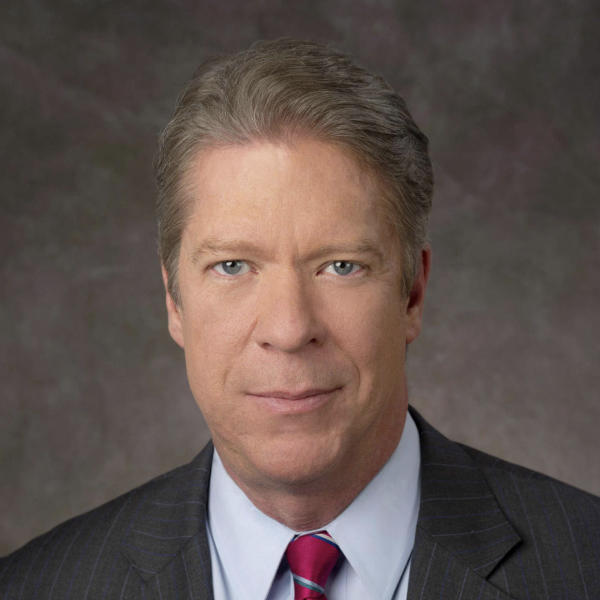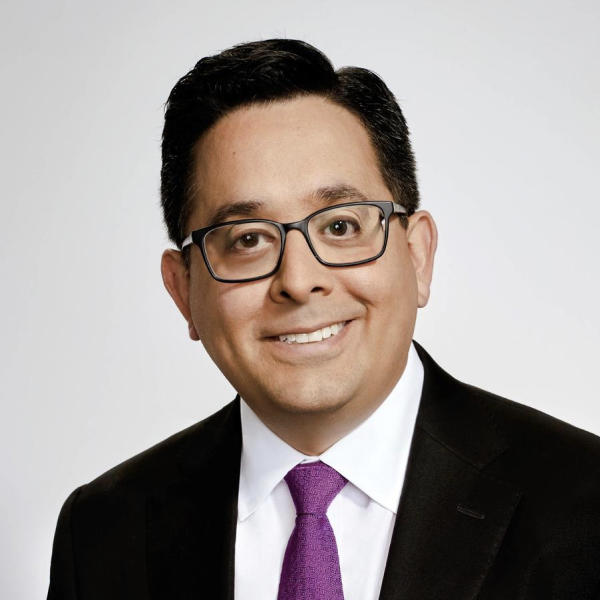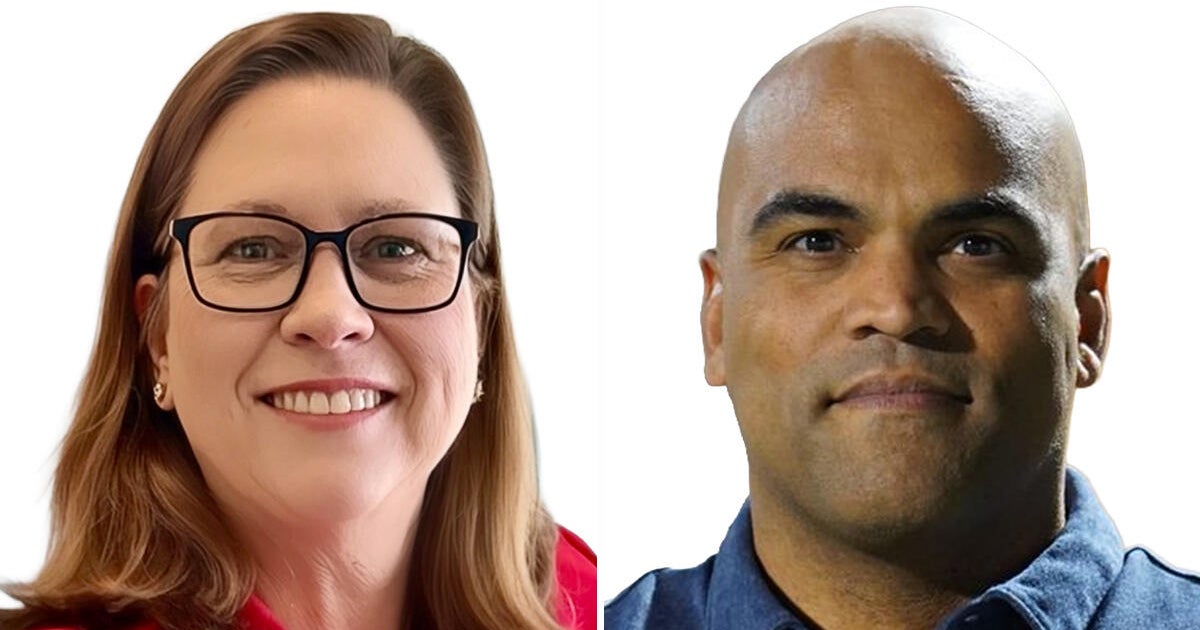Deval Patrick announces he is running for president
Deval Patrick, the former governor of Massachusetts, has announced he is running for president in the 2020 race. Patrick made it official in an online video posted early Thursday morning.
A CBS News contributor since September, Patrick will no longer serve in that role. "Governor Patrick has been a political contributor to CBS News but in light of this decision, the network will be discontinuing that relationship," CBS News said.
Patrick, 63, served as Massachusetts governor for two terms, from 2007 to 2015, and was most recently a managing director at Bain Capital, a private equity firm.
Patrick is a prominent African American in the Democratic Party and had been considered a viable candidate for president, given his past work as a federal prosecutor, his willingness to campaign for Democratic congressional candidates and his ties to former President Barack Obama. He had said last December that he would not run, citing the potential strain on friends and family.
It is unclear how Patrick's late decision to join the fray could reshape the Democratic contest. The Iowa caucus is less than three months away on February 3. And he starts far behind in a record-sized field that polling shows is now divided into two tiers — with the top tier consisting of Joe Biden, Elizabeth Warren, Bernie Sanders and Pete Buttigieg.
On "CBS This Morning" Thursday, Patrick called the current field of Democrats "really talented," but questioned if they could "pull the nation together."
"We seem to be migrating to, on the one camp, sort of nostalgia - let's just get rid, if you will, of the incumbent president and we can go back to doing what we used to do," he said. "Or, you know, it's our way, our big idea, or no way. And neither of those, it seems to me, seizes the moment to pull the nation together."
Patrick said on "CBS This Morning" in June it would be hard to "break though" the field of Democrats "without being a celebrity or sensationalist." However, on Thursday, he said "you can't know if you can break through if you don't get out there and try."
Another unknown factor is former New York Mayor Michael Bloomberg, who is also mulling a presidential bid and has already placed his name on the Democratic primary ballot in Alabama and Arkansas. A decision by the media mogul is expected soon, aides say.
Voters in early primary states have repeatedly said in interviews with CBS News that they are impressed and overwhelmed by their options — and not seeking more. Polling and interviews show that Democratic primary voters are eagerly seeking someone equipped to defeat President Trump next year.
Patrick clearly believes he's a viable option and is expected to emphasize his service as Massachusetts governor — the only Democrat to lead the state this century.
During his eight years as governor, Patrick implemented a health care reform plan launched by his predecessor, Republican Mitt Romney, that later served as a model for Obamacare. He also raised the state's minimum wage to $11 per hour.
His work as a managing director at Bain Capital is likely to draw scrutiny from primary voters increasingly critical of corporations. Romney, a former Bain executive, was attacked by Democrats for his role at the firm when he ran for president in 2012.
Despite his corporate work, Patrick has remained engaged in Democratic politics and helped campaign nationwide for congressional and gubernatorial candidates. Since leaving the statehouse, Patrick has remained tight with a small cadre of consultants who advised him during his deliberations last year over whether to mount a campaign.
Patrick took a pass, saying he was "humbled" by encouragement from across the country to seek the presidency, but he knew "that the cruelty of our elections process would ultimately splash back on people whom Diane and I love, but who hadn't signed up for the journey."
His wife, Diane, had been treated for stage 1 uterine cancer, and has been given a good prognosis.
Before serving as governor, Patrick was general counsel at oil company Texaco and helped implement its 2000 merger with Chevron. He later served as general counsel at The Coca-Cola Company.
In 1994, he was appointed by Bill Clinton to lead the Justice Department's civil rights division and focused on investigating a series of arson fires at southern black churches.
In a glowing profile published by The New Yorker last year, Patrick said he campaigned during the 2018 midterm elections in congressional districts "where Democrats had not been competitive in a long time and were running at the grassroots level."
The article also retold the governor's story of growing up on the south side of Chicago, earning a scholarship to the elite Milton Academy prep school in Massachusetts and attending Harvard University and Harvard Law School.
He told the magazine he believes Democrats lost the presidency in 2016 because they failed to listen. "I would say we get the government we deserve in a democracy," he said. "And if we want better government we have to engage, and a lot of folks have been disengaging for a long time, and not without reason."
Whether voters will want to listen to what Patrick is offering remains to be seen.





